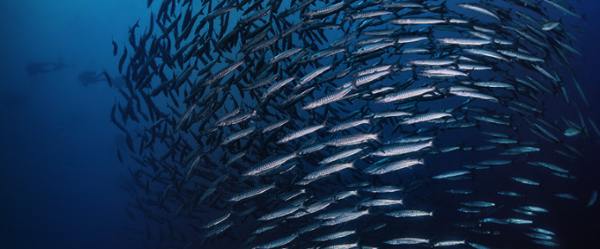Nicaragua Moves Closer to Sustainable Oceans with Fisheries Subsidies Agreement
By Guy José Bendaña-Guerrero & Asociados

Nicaragua has taken a significant step in aligning with global efforts to protect marine ecosystems by formally accepting the World Trade Organization’s (WTO) Agreement on Fisheries Subsidies. The move, made official on June 2 with the submission of Nicaragua’s instrument of acceptance, positions the country as the 101st WTO member to ratify the agreement — just ten acceptances short of the number required for it to enter into force.
This development reflects Nicaragua’s ongoing effort to keep pace with international environmental and trade standards. While the country has faced numerous economic and political challenges, it has remained committed to participating in multilateral frameworks aimed at fostering sustainability and economic equity. With coastlines on both the Pacific Ocean and the Caribbean Sea, Nicaragua’s reliance on marine resources for food security and local livelihoods makes it particularly invested in the principles underpinning the WTO agreement.
Adopted by consensus at the WTO’s 12th Ministerial Conference (MC12) in Geneva in June 2022, the Agreement on Fisheries Subsidies introduces binding global rules designed to limit harmful fisheries subsidies. Specifically, it bans subsidies that support illegal, unreported, and unregulated (IUU) fishing, as well as those that contribute to overfishing or fishing on unregulated high seas.
By formally accepting the agreement, Nicaragua contributes to a broader global effort to curb destructive practices that threaten the long-term viability of fish stocks and marine biodiversity. This step also strengthens Nicaragua’s integration into the rules-based multilateral trading system.
Crucially, the agreement acknowledges the specific challenges faced by developing and least-developed countries. A dedicated WTO Fish Fund has been established to support these nations in implementing the new obligations through technical assistance and capacity-building programs. With Nicaragua’s acceptance, the fund is now poised to open calls for proposals, potentially unlocking much-needed resources for countries preparing to comply with the agreement’s requirements.
This is not the first time Nicaragua has aligned itself with international environmental objectives. The country has historically supported marine conservation initiatives and has expressed a consistent interest in promoting what is now widely known as the “blue economy” — a sustainable use of ocean resources for economic growth, improved livelihoods, and ecosystem health.
With only ten more WTO members needed to ratify the agreement, the entry into force appears imminent. Once that threshold is reached, member states will face the challenge of translating global commitments into national policies.
